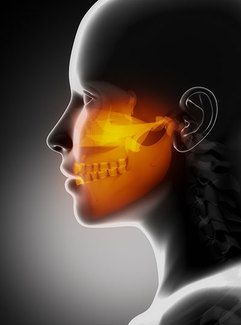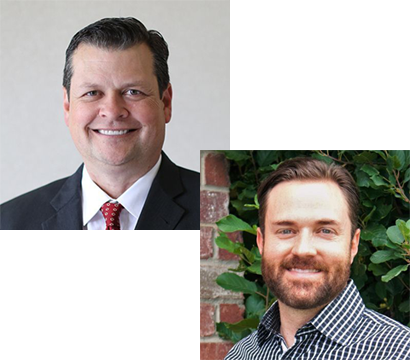Rebuild Your Smile with Reconstructive Jaw Surgery
Orem & Saratoga Springs
 Here at Utah Valley Oral and Maxillofacial Surgery in Orem, UT we want all of our patients to be comfortable and healthy, which can be hard to do if you suffer from issues with your jaw. Orthognathic surgery aims to fix problems with the jaw like teeth that don’t fit together correctly. In situations where orthodontics (via braces or clear aligners) can’t fix teeth alignment issues, we may need to resort to a surgical solution to give our patient’s relief. Reconstructive jaw surgery can improve the appearance of the face, and can help with continued oral health for the rest of your life.
Here at Utah Valley Oral and Maxillofacial Surgery in Orem, UT we want all of our patients to be comfortable and healthy, which can be hard to do if you suffer from issues with your jaw. Orthognathic surgery aims to fix problems with the jaw like teeth that don’t fit together correctly. In situations where orthodontics (via braces or clear aligners) can’t fix teeth alignment issues, we may need to resort to a surgical solution to give our patient’s relief. Reconstructive jaw surgery can improve the appearance of the face, and can help with continued oral health for the rest of your life.
Orthognathic Surgery Candidates
Those who are best suited to orthognathic surgery have teeth alignment issues or jaw issues that orthodonture can’t fix. The surgery aims to permanently move the jaw into a position where it will permanently line up your bite. There are lots of ways that the jaw can come out of alignment, usually centered around the upper and lower jaws growing at different rates. Many people will have no problems during their childhood, and once they have a few growth spurts in young adulthood, they will start to notice a problem.
Those who end up needing orthognathic surgery will usually experience at least a few of the following issues for an extended period:
- Jaw pain or discomfort
- Unbalanced facial appearance
- Speech issues
- Receding jaw or chin
- Difficulty swallowing, biting or chewing food
- Birth defects
- Open bite
- Protruding jaw
- Breathing problems
- Mouth breathing
Some of these symptoms can be present at birth and are linked to hereditary issues, others occur due to traumatic injury to the face, or jaw growth issues.
Jaw Surgery Consultation
Before orthognathic surgery, we will conduct an informational consultation with you to learn about your issues, and educate you on what can be done to help you solve them. We will take some X-rays of your jaw, and may take digital impressions as well. Once we have all the information we need on your current oral health, we will be able to create a treatment plan especially for you.
Technology and Orthognathic Surgery
We have found that by adopting the latest in proven dental technology, we can save our patient’s time and money in their orthognathic procedures. One of the best pieces of technology that we have at our disposal is the CEREC 3D imaging machine. This piece of dental technology allows us to take a high definition, three-dimensional images of your mouth that we can use to build your treatment plan around. With these images, we can precisely determine the current state of your bone and soft-tissue structures. Using this information we can much more easily determine what changes to make when we do perform the surgery, and we can execute the surgery with a higher degree of precision and confidence.
Get the Treatment You Need
Our number one goal is to give you the confidence to smile that everyone deserves. Call us today at (801) 224-1200 or contact us online to schedule an appointment.


